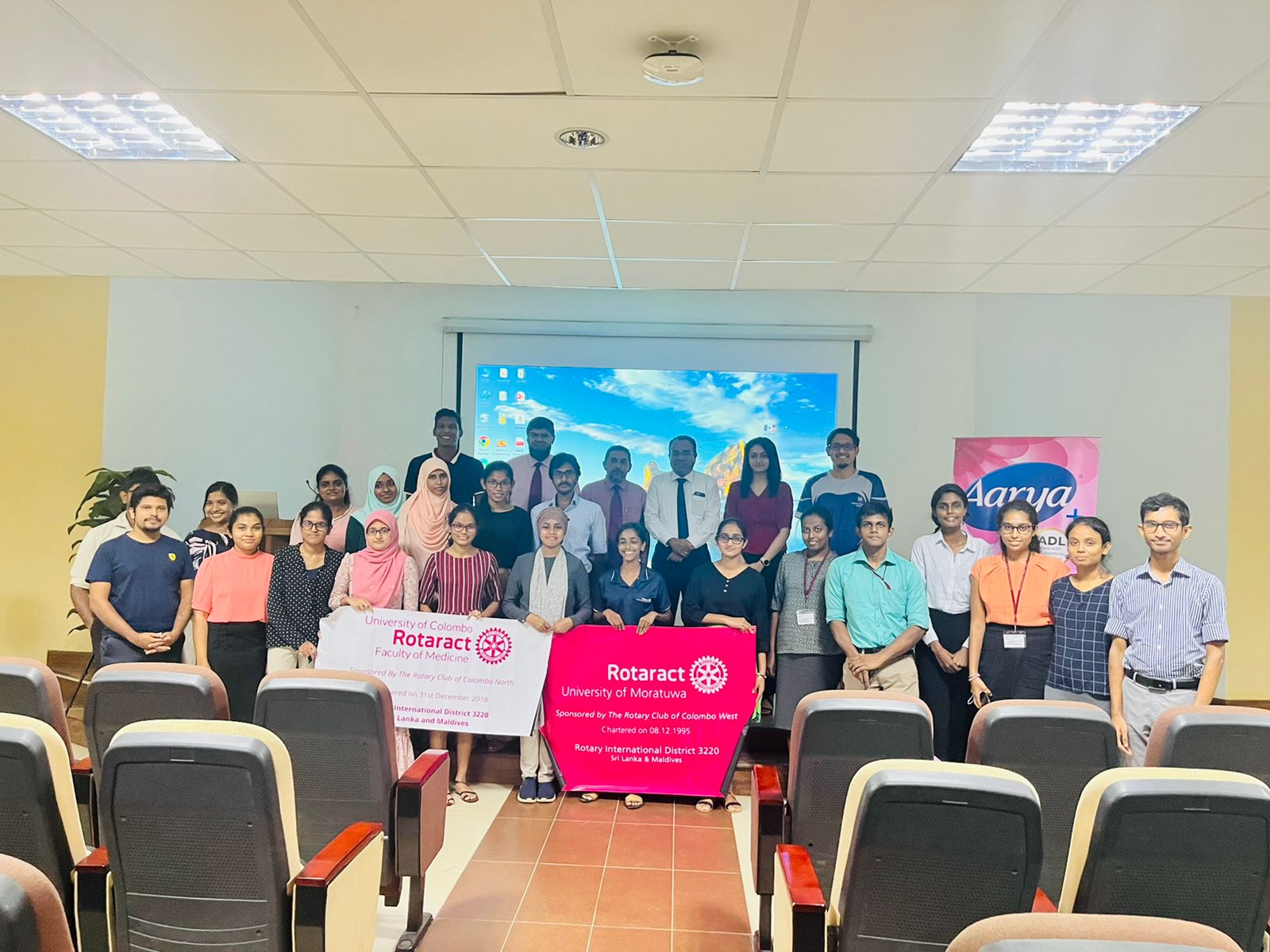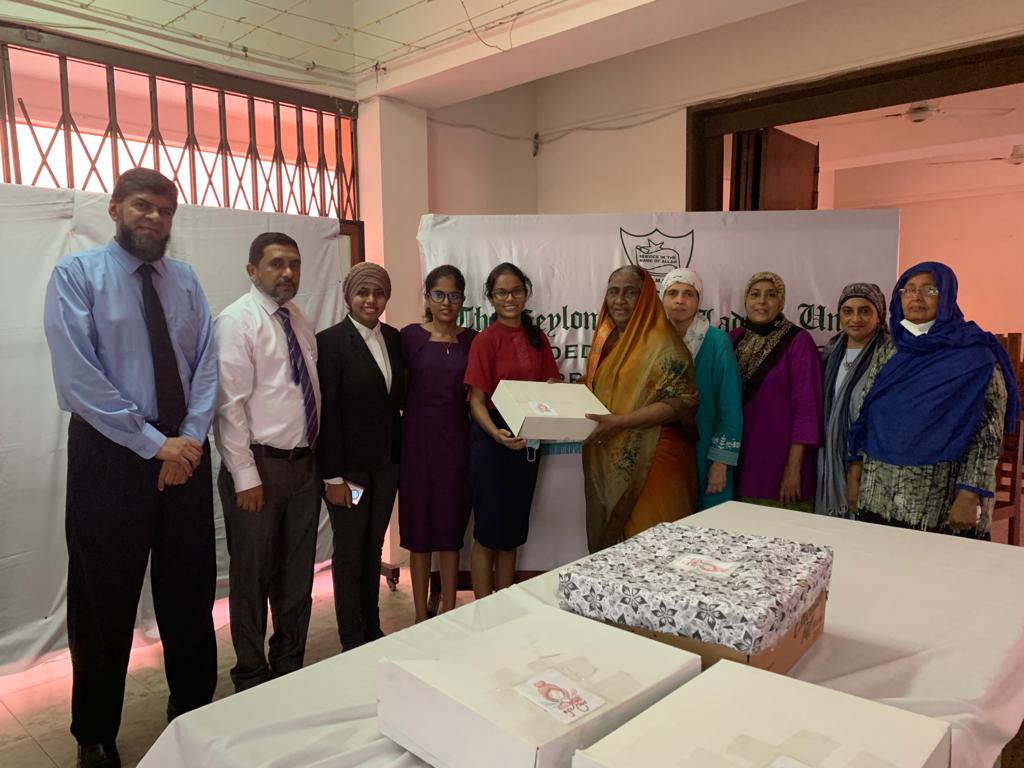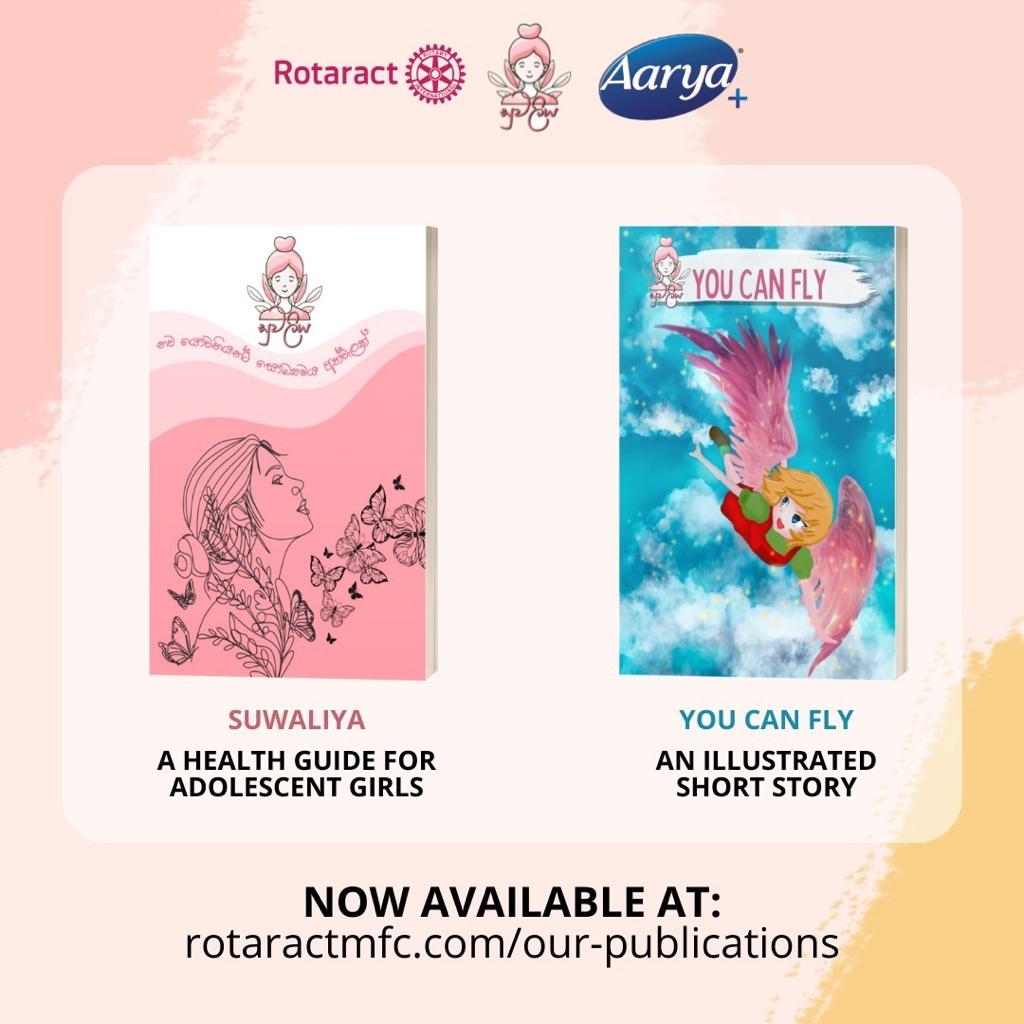Despite the islands high literacy rate and robust public health system, the health and wellbeing of children are still under threat and compromised at many levels. There are over 15,000 children in about 414 residential care homes in Sri Lanka who live without the basic family support and guidance. An age group that is most vulnerable in these homes are the adolescents. They are going through a stage where there are many physical changes and they are beginning to mature mentally. This is a time where children need guidance and support, especially for girls who become the women that carry on the next generation.
Therefore this project focuses on the needs of this vulnerable population and to empower and provide necessary support for girls living in orphanages.

In order to accomplish this, the Rotaract club of Faculty of Medicine, University of Colombo partnered with the Rotaract club of University of Moratuwa for the completion of project Suwaliya. During the first phase of the project, a survey was conducted to identify the gaps in knowledge regarding sexual and reproductive health among adolescents, which was shared via a google form. We collaborated with the Interact clubs of several schools to widen the reach among adolescents. Using the information collected, webinars were conducted targeting adolescents’ reproductive health, physical health and nutrition. Representatives from each Interact club was contacted and a WhatsApp group was created for students who were interested to join the webinars. The guest speaker for the first webinar was Dr. Prabodhana Ranaweera, where he discussed about adolescent reproductive health. The second webinar was by Dr. Nilanka Wickramasinghe, regarding adolescent nutrition and physical health. In order to increase the participation and the interaction in the webinars, we created a kahoot quiz which was conducted at the end of the webinar. We also contacted sponsors to provide gift vouchers for the winners of the quiz. The winner of the quiz was Sharfaa Imshiraz of Queensway international girls’ school. At the end, questions asked by the students during the survey and webinar were entertained.

During the second phase, information from the survey and webinars were used to create a booklet containing basic yet vital information on sexual and reproductive health for female adolescents. It included topics such as puberty, sexual act, contraception, LGBTQ+ and adolescent nutrition. The softcopy was shared among social media platforms and was also provided to the students of interact clubs who participated in the webinar. This was coupled with an illustrated book by the Medical Students named “You Can Fly”. Printed versions of the publications were gifted to the Dean, Faculty of Medicine, UOC and representatives from OrphanCare of Amana Bank.
During the third phase of the project, a donation campaign was conducted, commemorating Women’s day. This was to provide orphaned adolescent girls with the basic necessities to maintain proper hygiene and improve their quality of life specially during times where Sri Lanka was facing economic difficulties. A donation of dignity kits which contains items such as sanitary napkins, soap, toothpaste,etc was provided to adolescent girls in an orphanage along with the pre-recorded webinars regarding sexual and reproductive health.

The final phase of project Suwaliya was the development of a mobile application called Suwa Kekulu. The main aim of this phase was to empower mothers to improve their knowledge on health, to better take care of themselves and their children. A study conducted in Sri Lanka has seen challenges in the use of the Child Health Development Record due to working motherhood and in such situations the interactions with the CHDR may be minimal. Due to various reasons, most recently due to COVID-19 and the economic downfall many parents were unable to visit clinics and update the CHDR which may have compromised child health. There is a need for behavioral changes in mothers with regards to monitoring their children’s health. Therefore to increase the awareness on the importance of maintaining the CHDR and to supplement it with information via videos and text, the mobile app will be of benefit.
Early childhood is a time period with some of the most significant growth and development for an individual. Focusing on their health, nutrition and early childhood development is an important investment for the future. In Sri Lanka there are many mothers who struggle with breastfeeding, many who miss antenatal classes thinking they’re unimportant and many who miss clinic dates for various reasons. It was noted in a study conducted in Sri Lanka that 48% of parents in an urban area encountered problems when performing development checks due to various reasons such as lack of time or forgetting to check for them. This can adversely affect the health of their child. Sri Lanka has a strong health system in place but there are areas that can be strengthened with the use of modern technology. Mobile technology plays an important role in providing information to people in developing regions and this is especially true for Sri Lanka.
We hope to address the needs of mothers by providing a mobile app which will be an adjunct to the hectic life of a mother, and will be useful to monitor development, growth, nutrition, immunization and also provide necessary knowledge with regard to various aspects of health and well-being of a child under the age of 5 years. Even though there are specific applications developed in other countries for monitoring child health, in the Sri Lankan context, such user-friendly and reliable applications are lacking.
In order to accomplish this, a framework for the mobile app was created based on the main components covered in the CHDR,
- Development – It includes a checklist of development milestones, red flags to watch out for and advice on achieving milestones. Also a notification system to alert parents if there is likely to be a development delay.
- Growth – It will include descriptions on graphs of weight for age, height for age and weight for height. Also a notification system to alert parents to remind them on when to attend clinic.
- Nutrition – It will include two components, breast feeding and complementary feeding. Breast feeding will include videos describing proper breastfeeding and cup feeding techniques. Also data on how the child is fed can be recorded.
- Immunization – The National Immunization Schedule is included and a notification system to remind mothers to attend clinics for the vaccination and also information on each vaccine is included.
- Knowledge and facts – Important information regarding sleep, physical activity, common illnesses of childhood will be included.
The necessary content for each component was compiled using reliable sources and validated by the Family Health Bureau and appropriate resource persons.
The Project Suwaliya chaired by Rtr Hasini Singhakumara with her team hopes to revitalize the mother and child in an inclusive and healthy framework in Sri Lanka.
